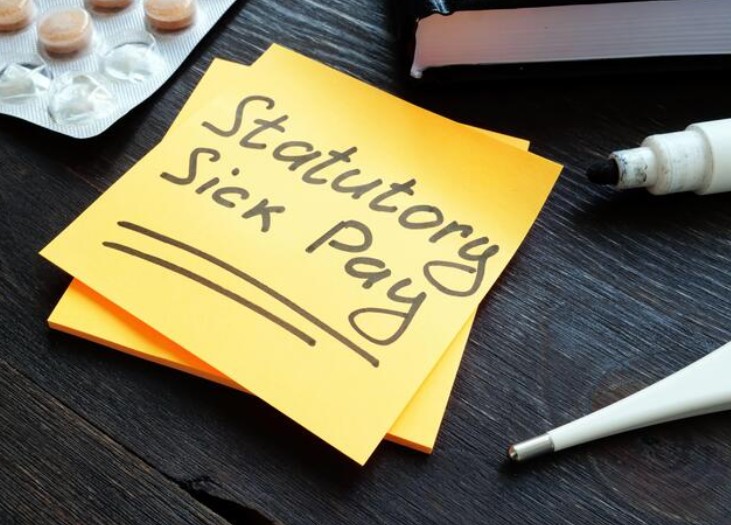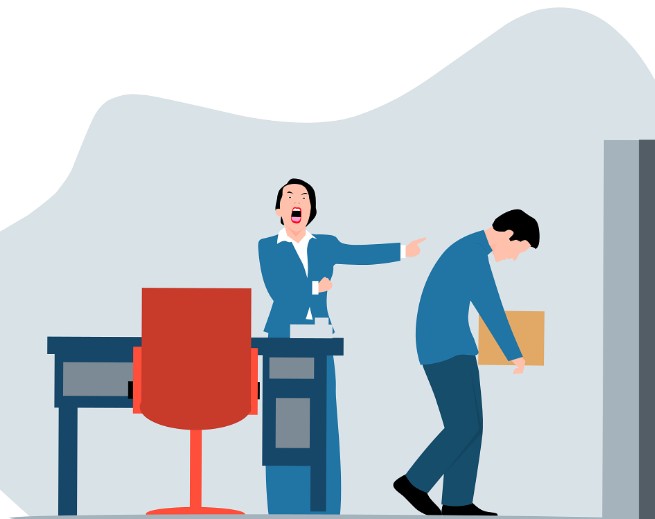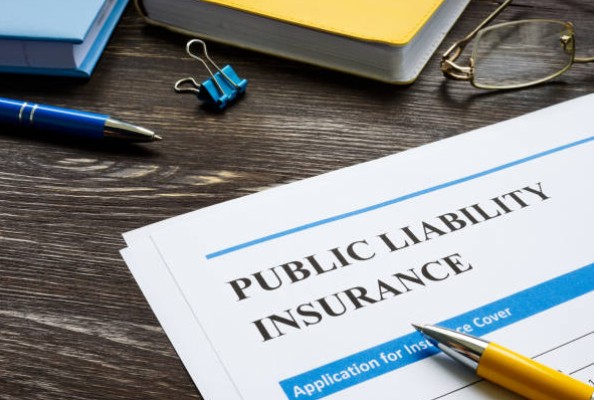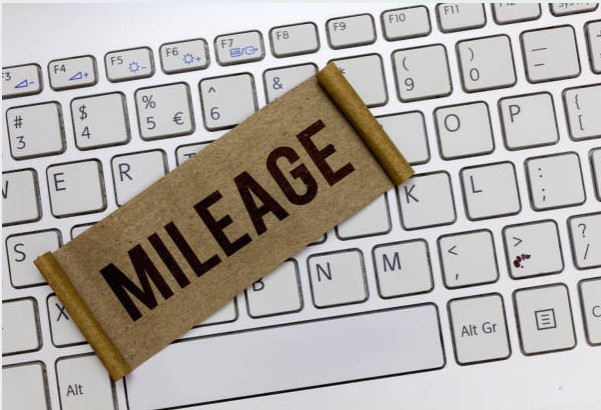How Long Can You Be on Sick Leave Before Dismissal UK – 2025 Legal Guide
Being off work sick is never pleasant; it can be emotionally and physically exhausting. On top of coping with your illness, there’s usually the added stress over job loss.
It’s a question that’s on the minds of many throughout the UK: how long can you remain on sick leave before being sacked?
The truthful answer is that there isn’t a strict legal deadline. Rather, it is dependent on your personal circumstances, your company’s policies, and whether they’ve gone the extra mile to assist your return to work.
That being said, it is open to all medical proof, reasonable workplace accommodation, and if the employer’s dismissal is reasonable.
How Long Can You Be on Sick Leave Before Dismissal UK?
Duration of sick leave is varied by employer custom, bargaining, and law. It’s weeks or months, and where longer periods are in question, there may be a requirement for medical sanction.
Four weeks or more is when the absence is long-term sick leave. Employers monitor at this point, but are not in favor of dismissal recovery and adjustment are the issue.
Fit notes signed by your General Practitioner will usually be needed, and occupational health can be included. Flexible working hours or a return to work on a phased basis can be accommodated.
Company sick pay or Statutory Sick Pay, where applicable, can be accessed. Informing HR or your manager will facilitate support provided during recovery.
The genuine period is available for medical advice, recovery, and assistance at work, aiming to a sustainable and safe return to work.
Sick Leave under UK Employment Law
Sick leave employment law is not just filling in forms; it’s a mixture of statutory rights, medical rules, and workplace protection designed to protect employees and hold the employer accountable. This is how the laws are divided in the UK:
1. Statutory Sick Pay (SSP)
Social Security Contributions and Benefits Act 1992: Paid at a lower rate for a maximum of 28 weeks if income is £123+/week.

2. Medical Certification
Employment Rights Act 1996: Fit note to be issued after 7 days; medical evidence to be accepted by employers.
3. Contractual Sick Pay
Employment Rights Act 1996: Most employers offer better company sick pay schemes, which they are legally required to deliver.
4. Disability Protections
Equality Act 2010: Employers have to make reasonable adjustments (variable hours, staged return, role change) to avoid disability discrimination.
5. Job Security & Fair Dismissal
Employment Rights Act 1996 + ACAS Code: Medical grounds and process should be in place for dismissal to be reasonable; otherwise, risk of unfair dismissal claims.
6. Health & Safety Duties
Health and Safety at Work Act 1974: Wellbeing must be safeguarded by employers, stress must be controlled, and occupational health assistance must be taken into account.
Termination on Sick Leave
Dismissal while on sick leave is permitted if it is done on reasonable grounds, in good cause, misconduct, redundancy, or in breach of contract on employment law grounds.
It is their responsibility as employers to take medical evidence into account, scrutinize fit notes, and, where necessary, refer to occupational health prior to making a decision.
They should also make reasonable adjustments such as lighter work, flexible work, or phased returns in case of an illness that is comparable to a disability under the Equality Act.
In the event that an employer does not adopt these steps and goes ahead with dismissal immediately, the dismissal would be unfair or discriminatory. In this case, employees can make a complaint or even present their grievance with an employment tribunal.
The advice of a union or the law can notify employees of their rights and challenge a wrongful dismissal.
When Is Dismissal Contemplated?
Dismissal during sick leave is considered if the absence is prolonged, reasonable adjustments cannot be made, or the role effect is extreme under the law of fair dismissal.
Dismissal would be considered by the employers when medical evidence is conclusively clear that no reasonable return to work can be achieved.

Before considering dismissal, reasonable adjustments would be explored, i.e., flexible working, lighter work, phased returns, or redeployment to an alternative job.
Only where the alternative solutions fail and the absence continues to impact on the role or business can dismissal fall under the fair dismissal law.
During the process, effective communication, minutes of meetings and decisions taken accordingly, and adherence to company procedure are needed.
What Protections Do Employees Have?
Employees have legal protections such as anti-discrimination, minimum wage, overtime, conditions of work, family leave, whistleblower protection, and protection against retaliation.
Protection from unfair dismissal is after two years, but rights against disability start from day one, with employers obligated to make reasonable adjustments as soon as possible.
A right of appeal against unfair dismissal exists before a tribunal after becoming eligible. Other protections include pay equity, working hours, terms of work, sick leave, and flexible working.
Employment law also discourages harassment, bullying, and discrimination so that the workplace is respectful and inclusive. Whistleblower protection allows employees to report misbehaviour without fear.
Overall, such protections give employers the confidence that their rights are being protected right from day one to long service, guaranteeing equity, safety, and security in employment.
Sick Leave vs Risk of Dismissal in the UK
In the UK, very high levels of sickness absence may trigger the risk of dismissal; employers weigh absence frequency, medical proof, and statutory entitlements before taking action.
| Sick Leave | Duration | Dismissal Risk | Employer Action |
| Short-Term Sick Leave | Up to 4 weeks | Very Low | Request fit note, pay SSP, minimal intervention |
| Long-Term Sick Leave | 1–6 months | Low to Moderate | Review medical reports, provide adjustments |
| Extended Sick Leave | 6 months – 1 year+ | Higher, must follow fair process | Assess prognosis, discuss options, and consider fair dismissal |
Recent Changes in Employment Rights
Gross sickness absence in the UK may result in dismissal, but employers have to consider absence patterns, medical certification, and statutory rights.
Statutory sick pay (SSP) now starts on day one from April 2025, helping staff and reducing the transmission of illness.
The Employment Rights Bill also safeguards low-paid and agency staff, with equal contracts and sick pay rights. Employers must update policies to stay legal, while workers have more assurances and protection.
FAQs
Am I able to be made redundant on statutory sick pay?
Yes, but reasonable procedures and evidence of sickness only; dismissal is not prohibited by right to SSP if reasonable steps are taken.
How many days constitute long-term sick leave?
Any absence longer than 4 weeks is regarded as long-term sickness absence, though dismissal would be on the basis of medical evidence and work accommodations.
Do I need medical evidence of illness for sick leave?
Yes, after 7 days, a doctor’s fit note is necessary, and repeat notes for more than sick leave.
What if I have an illness that qualifies as a disability in law?
Employers have to make reasonable adjustments; otherwise, dismissal could become discriminatory under the Equality Act 2010.
Can I appeal dismissal for sickness absence?
Workers can pursue an employment tribunal claim for unfair dismissal or discrimination, with the potential for reinstatement or compensation.







